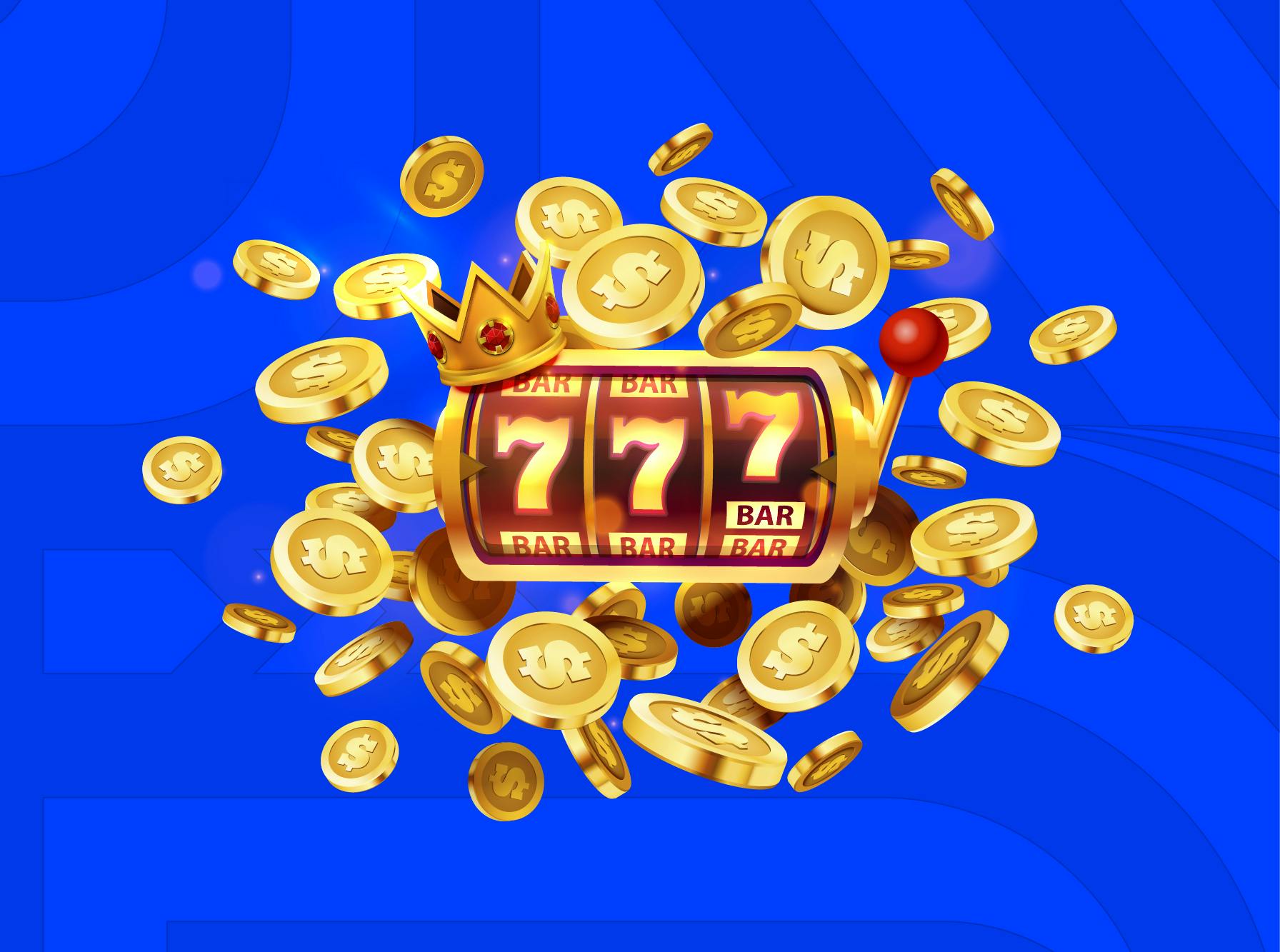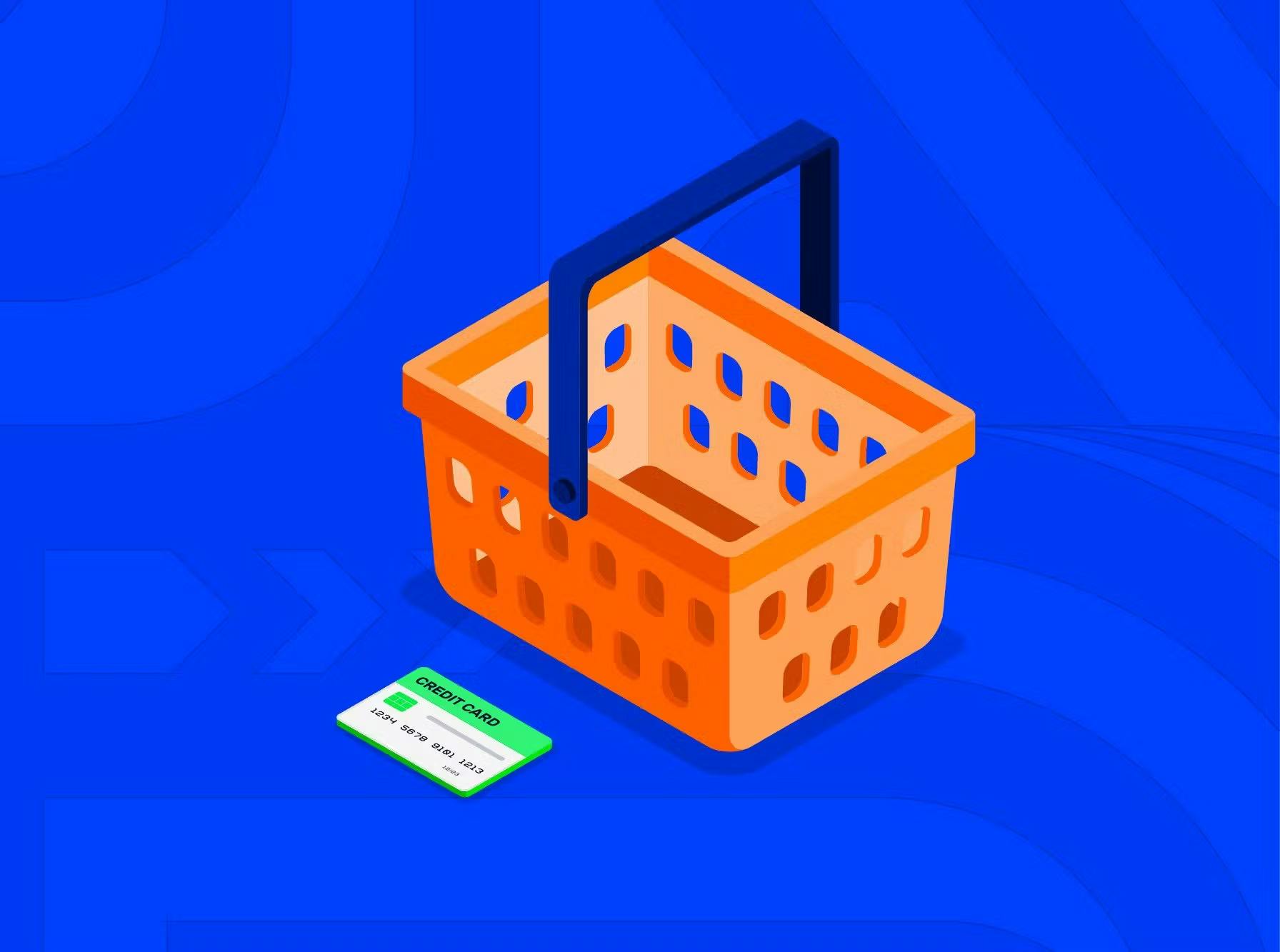Multi-Currency & Localization Support
A good gambling payment gateway supports dozens of currencies and provides localized interfaces. This enables platforms to expand into emerging markets and offer users a familiar, trustworthy checkout experience. Payment success rates are higher when users transact in their local currency with familiar methods.
High-Risk Transaction Handling
Gambling gateways integrate advanced risk analysis and chargeback mitigation tools. This includes machine-learning based fraud detection, transaction velocity monitoring, and blacklist checks. This infrastructure is essential for maintaining merchant account health and reducing financial losses.
Geo-Friendly Payment Options
Whether a player is in Brazil, India, or Germany, their preferred payment method might differ. A strong gambling gateway supports local bank transfers, mobile payments, and e-wallets alongside cards. This flexibility maximizes deposits and enhances user loyalty.
Enhanced Security & Fraud Prevention
Security isn’t optional. These gateways comply with PCI DSS Level 1 standards, use SSL encryption, and offer tokenization for sensitive data. Real-time fraud detection and chargeback alerts allow merchants to act swiftly to prevent losses.
Fast Settlements & Real-Time Processing
The ability to process deposits instantly and settle payouts quickly enhances trust and satisfaction among players. Many providers offer same-day or next-day settlement cycles and instant payout capabilities, depending on the region.
Compliance with Gambling Regulations & KYC/AML
From automatic identity verification (KYC) to transaction monitoring for AML compliance, gambling gateways offer built-in regulatory tools. This helps platforms remain in good standing with financial regulators and gaming commissions.


 Most Popular Payment Methods in the World: Analysis by Markets
Most Popular Payment Methods in the World: Analysis by Markets How to Increase Conversions in an Online Store with a Checkout Page
How to Increase Conversions in an Online Store with a Checkout Page How Tranzzo Simplified the Payment Process for Tickets.ua
How Tranzzo Simplified the Payment Process for Tickets.ua Integrating Multiple Payment Methods: Challenges and Solutions
Integrating Multiple Payment Methods: Challenges and Solutions Abandoned Shopping Carts: Why Businesses Lose Revenue and How to Increase the Number of Successful Payments
Abandoned Shopping Carts: Why Businesses Lose Revenue and How to Increase the Number of Successful Payments

